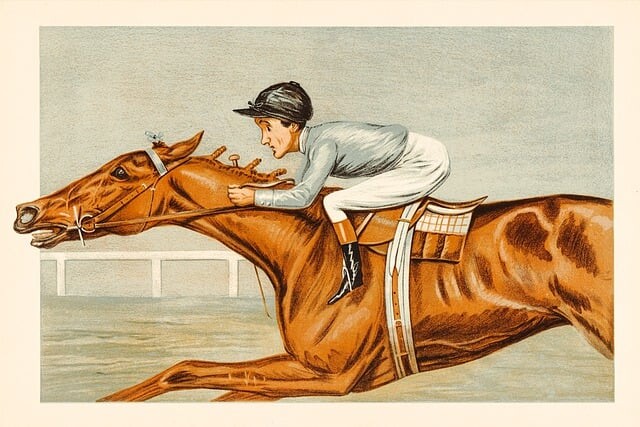A former point-to-point rider from Galashiels in the Scottish Borders, Ryan Mania has endured a start-stop-start career as a professional jockey, but will always be best remembered for winning the Grand National on 66/1 outsider Auroras Encore, trained by Sue Smith, in 2013. Mania rode his first winners under rules for Midlothian trainer Peter Monteith in 2008, but his career was interrupted for a six months when, in 2011, his former employer, Howard Johnson, retired after being given a four-year ban by the British Horseracing Authority (BHA).
Having won the Grand National at the first attempt, Mania went on to enjoy his most prolific season ever in 2013/14, with 53 winners, but in November 2014 announced his retirement from the saddle at the age of 24. He cited ongoing weight problems as the main reason for his decision and told the Yorkshire Post, “I’m not being fair to myself if I carry on being miserable.” During his second sabbatical, which would last until 2019/2020, he worked as kennel huntsman at the Braes of Derwent Hunt in Northumberland and, for a spell, as assistant to Berwickshire trainer Sandy Thomson.
Nevertheless, with the encouragement of his agent, Bruce Jeffrey, Mania returned to race riding for Sue Smith in October 2019. He enjoyed his most successful season since his return in 2020/21, when he rode 43 winners, including his first Cheltenham Festival winner, Vintage Clouds, in the Ultima Handicap Chase. In his career as a whole, Mania has seven Graded and Listed wins to his name.
 The feature race on day three of the
The feature race on day three of the